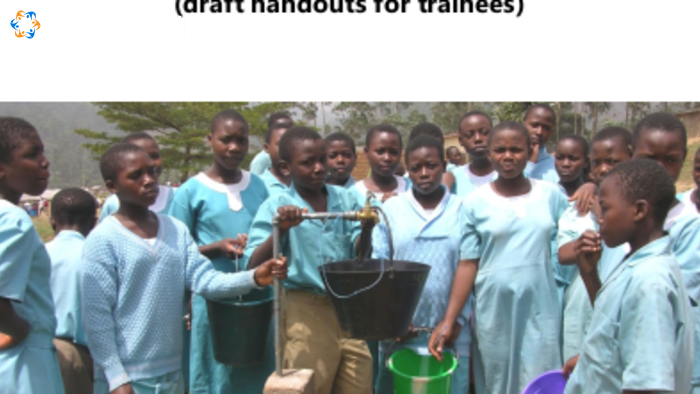
Background and Introduction
In Tanzania, it is now well over ten years since the Third edition of the Design manual was adopted and in the meantime, many scientific and technological changes have taken place including the conclusion of MDGs and adoption of the SDGs in 2015 as well as learning some useful lessons out of implementation of the WSDP I and WSDP II (which is still on-going); it is felt that it is high time to revise the 2009 design manual. Notably, the 3rd edition Design Manual has limited coverage on the impact of climate change, application software and sanitation management issues among other things.
The Tanzania Ministry of Water is now at various stages of instituting policy and legal reforms that are deemed necessary for improving the Design, Construction Supervision, Operation and Maintenance of water supply and sanitation projects in Tanzania. Therefore, the 4th edition Design, Construction Supervision, Operation and Maintenance (DCOM) Manual is introduced by 2020. This manual will make invaluable contribution in this regard of DCOM.
It is important to recall that the Government has established the Rural Water Supply and Sanitation Agency (RUWASA), which is responsible for supervision, execution and management of rural water supply and sanitation projects. RUWASA is expected to improve the responsibility and accountability in the management of the water and sanitation services in rural areas.
The 4th edition DCOM Manual will support the National Water Supply and Sanitation Authority, Urban Water Supply and Sanitation Authority, RUWASA, CSOs founded, funded projects and will provide valuable information related to implementation of water supply and sanitation projects at various stages, from pre-feasibility and feasibility studies, planning, design, construction supervision and operation and maintenance.
Introduced Manual is meant to assist the Procuring Entity (PE) to supervise the projects adequately through its own staff or by engaging an independent individual or firm as the project supervisor. The tools needed by the Supervisor to do his work will be developed under the guidance of the Contract Management Plan (CMP) that is detailed in the manual.
Experience in Tanzania has shown that hardly does either party to the contract apply the contractual remedies. The Contractor fears that by demanding remedy through charging interest in late payment of certificates may jeopardize future award of other projects. Similarly, the PE may not recall a performance guarantee of a poorly performing Contractor for the fear of starting the procurement process all over again. This manual encourages all parties to heed to the articles of the contract by establishing a strong construction supervision mechanism for water supply and sanitation projects.
In relation to the proposed Training of Trainers on the Rural Water Supply Networks in Tanzania, SHIPO in cooperation with RUWASA and Water Institute (WI) will plan and implement this project with intention to strengthen local actors from Regions of Tanzania regarding the planning and design of rural water supply networks. The actors include entities from government agencies (Regional and Districts RUWASA's1 Managers, Designers teams' representatives from each region, and Technical officers from RUWASA district offices) depending on availability of resources.
Goal
The main goal of this project is: To contribute in improving water supply and sanitation system in Tanzania
In helping to achieve the main goal, the specific goals to be achieved are as follows:
- 20 people be trained on planning and designing maintenance-friendly water supply networks;
- Small group of trainers (3-5 people) established in Southern Highlands Regions who in the future can carry out trainings without external support; and
- Establishment of peer-to-peer learning procedures in RUWASA of Southern Highlands zone.
Approaches
The specific goals will be achieved by carrying out a practical-theoretical workshop for about 20 participants basing on adopted RWS Design of operation & maintenance friendly, rural water supply system in reference to active National Design for water scheme manual/guidelines. After the training the future trainers will have the chance to observe and practice key skills and processes needed for adult learning. After the workshop, the trained trainers will be supported and coached over by RUWASA and SHIPO's technical for a period of six months, and peer-to-peer learning processes will be established.
Funding
Thisproject is funded by SKAT foundation